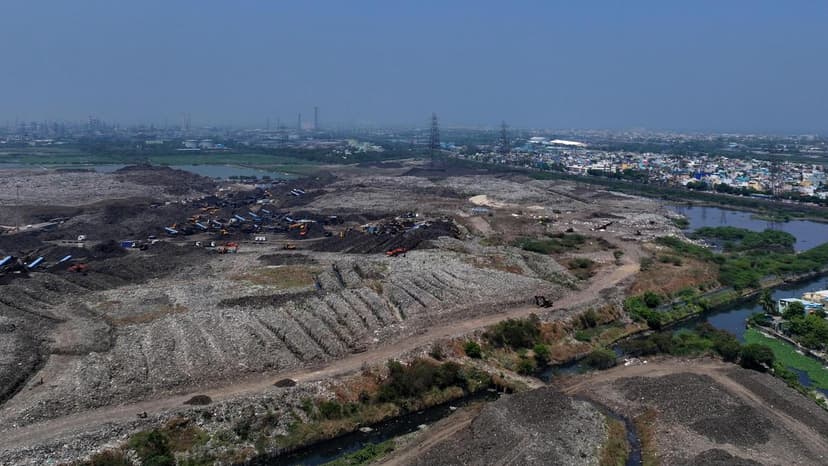Home / Environment / Activists Resist Exemption of Waste-to-Energy Plants from Environmental Clearance
Activists Resist Exemption of Waste-to-Energy Plants from Environmental Clearance
18 Nov, 2025
Summary
- Environmental groups criticize government's proposal to exempt waste-to-energy plants from public hearings and EIA
- Claim waste-to-energy plants are highly polluting and hazardous, contradicting government's "essential services" label
- Ongoing postcard campaign against reclassification of waste-to-energy plants as less stringent "blue" category

As of November 18, 2025, environmental groups are strongly opposing the Indian government's proposal to exempt all waste-to-energy (WTE) and municipal solid-waste management facilities from mandatory public hearings and Environmental Impact Assessment (EIA) requirements.
The Ministry of Environment, Forest and Climate Change (MoEFCC) had issued a draft notification on October 3, 2025, seeking to reclassify these projects as "Essential Environmental Services" that no longer require prior environmental clearance. The ministry argued that solid-waste management systems play a crucial role in protecting the environment and human health, and that exempting them from the EIA process would support faster implementation.
However, environmental organizations have rejected this reasoning. They claim that WTE plants are among the most hazardous and polluting facilities, and cannot be safely operated. Citing studies from various cities, they say these plants have repeatedly caused severe environmental and health damage. The groups have called for the immediate withdrawal of the proposed exemption, arguing that it would effectively silence the communities most affected by these projects.
Furthermore, the National Alliance for Climate and Ecological Justice (NACEJ) has criticized the reclassification of WTE incinerators to the less stringent "blue" category, stating that this falsely portrays them as benign "Essential Environmental Services" despite their generation of vast quantities of hazardous ash. Inspections by the Central Pollution Control Board (CPCB) have reportedly documented high levels of heavy metals and toxic chemicals in the ash and leachate from existing WTE plants, contradicting the government's claims.
In response, civil society groups are expanding their efforts to resist the rebranding of WTE incinerators as benign facilities. An ongoing postcard campaign is underway against the blue categorization of WTEs, as activists believe it will harm health, increase pollution and climate impacts, and affect the jobs of millions of waste workers.




